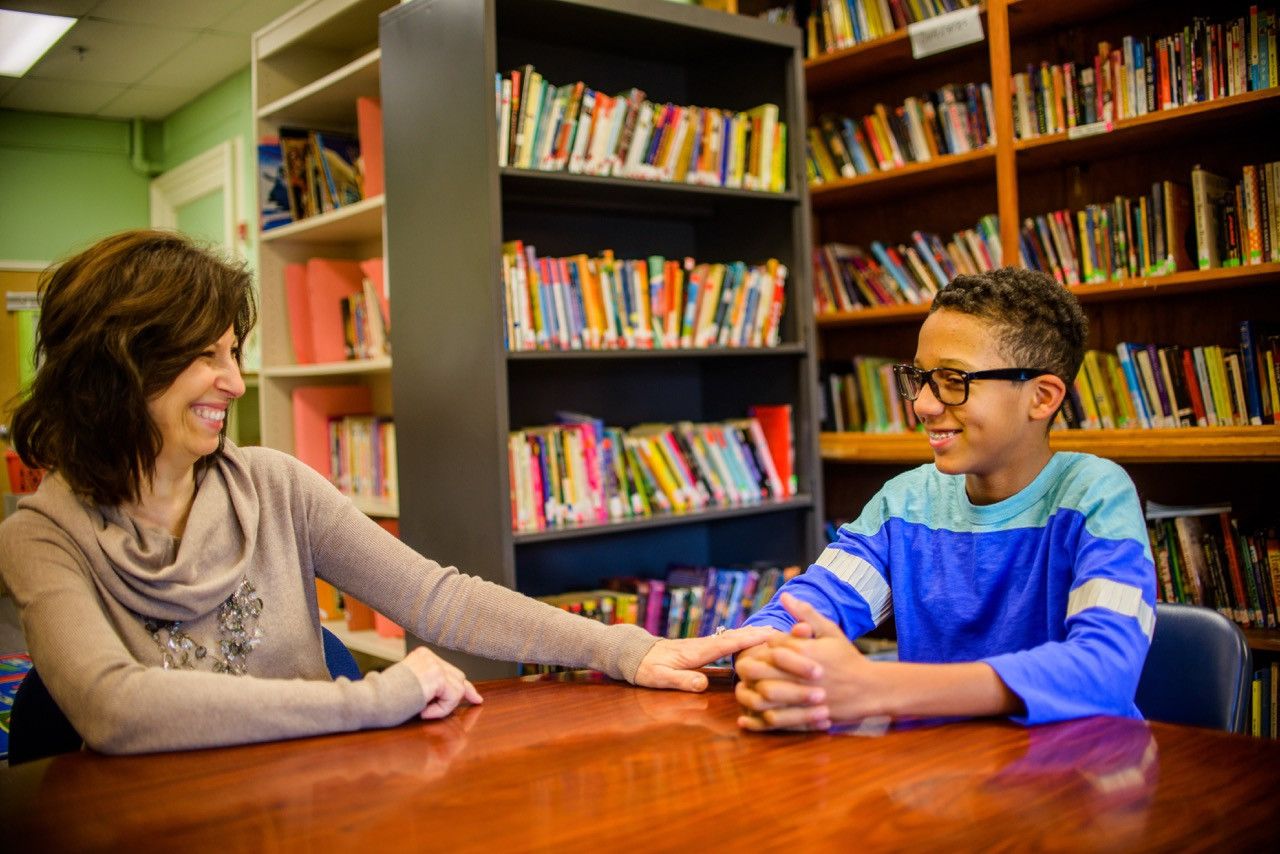September 15, 2023
Examining Inequities: Black Student Access to School Counselors in Pennsylvania

While evidence suggests all student groups are experiencing an increase in mental health issues, Black students have experienced fairly significant increases in depression, anxiety, and suicide. Fortunately, Black students are actually more likely to seek out assistance from a counselor and are also more likely to benefit from the help of a counselors, especially a Black counselor. This is especially true given that Black students in Pennsylvania are far more likely to have been personally impacted by the effects of Covid-19 given the disproportionate effects Covid-19 had had on the Black community and are also more likely to have been personally affected by the recent protests against police violence.
School counselors help address students’ mental health, socio-emotional, and academic needs. This is particularly important for Black students, many of who live in poverty and experience racism on a daily basis, both of which can affect mental health and other student outcomes. Yet, in Pennsylvania, schools are not mandated to provide students with a counselor or meet a specific student-counselor ratio.
Despite this greater importance, we find that Black students in Pennsylvania have less access to school counselors than their white peers and, moreover, most Black students are enrolled in schools without a single Black counselor. Given existing research, this inequitable access to counselors likely has a negative impact on the schooling outcomes and post-secondary trajectories of Black students in Pennsylvania.


